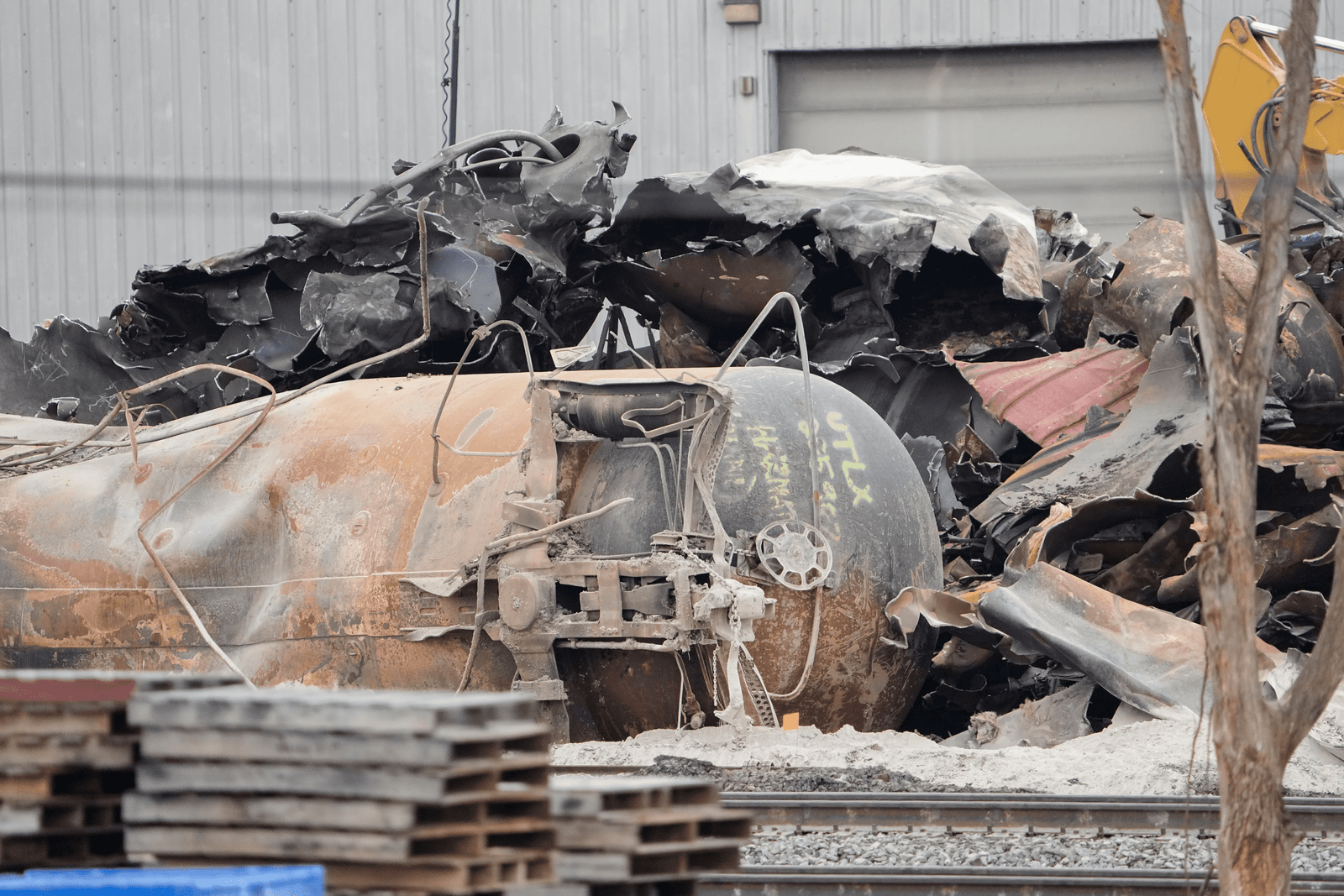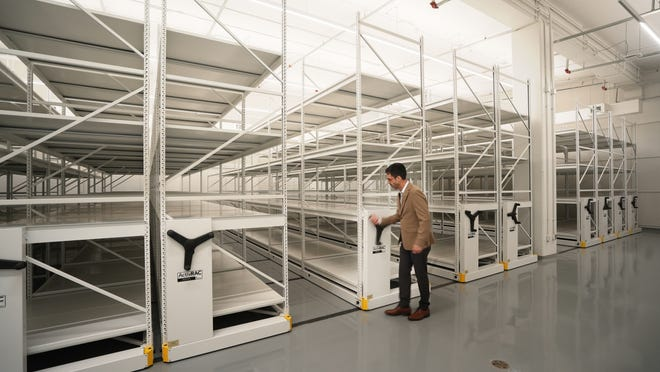The Columbus Dispatch
U.S. Department of Transportation Secretary Pete Buttigieg is pushing for stronger rail regulation after the fiery train derailment in East Palestine, including safer train cars and bigger fines for companies that break the rules.
A Norfolk Southern freight train that was carrying hazardous materials derailed in the village on Feb. 3, spilling chemicals into the environment and spurring health concerns. Five of the cars contained vinyl chloride, which was discharged through a controlled release to prevent an explosion.
Buttigieg said the incident underscores the need to strengthen rules and ensure railroads are held accountable for any mistakes.
“I would say there’s a window of opportunity with Congress now, after what happened to East Palestine, that I do not think existed before,” Buttigieg told reporters Monday. “We need to use that window of opportunity to raise the bar.”
Buttigieg called on Norfolk Southern and other railways to expedite the implementation of DOT 117 train cars, which are designed to prevent the release of the car’s contents if something happens. Companies must have those cars in place by 2029, but the transportation officials want to see it happen sooner.
The administration also wants federal officials to increase the maximum fine for railroads that violate safety rules. The figure is currently $225,455, which Buttigieg called a “rounding error” for companies that rake in billions of dollars.
Buttigieg’s comments came after he penned a letter to Norfolk Southern CEO Alan Shaw urging the company to keep their promises to the people of East Palestine. The National Transportation Safety Board is investigating the derailment, and the Department of Transportation is conducting its own review to see if any safety violations occurred.
Republicans and some Democrats have been skeptical of the response by Buttigieg, who was quiet in the days after the crash. He said he’s been letting the NTSB conduct its investigation but plans to visit the area “when the time is right.”
A spokeswoman for the Association of American Railroads said the group won’t comment on potential policy responses until the NTSB completes its investigation, but she emphasized that safety is the railroads’ highest priority.
Debate over high-hazard flammable trains, electronic brakes
Buttigieg also echoed a request made by Ohio Gov. Mike DeWine last week for Congress to look at how trains are classified when they transport hazardous materials through states. The Norfolk Southern train was not considered a high-hazard flammable train, meaning it could pass through Ohio without any notification to the state.
Under federal rules, railroads that operate high-hazard flammable trains must provide state regulators with certain information, including the materials on board and routes being used. A high-hazard flammable train is defined as one that transports 20 or more cars of a Class 3 flammable liquid in a continuous block, or 35 or more cars throughout the train.
Vinyl chloride is a Class 2 material, meaning the Norfolk Southern train was properly classified and didn’t require notification, according to the Public Utilities Commission of Ohio.
“A pretty common sense question if you saw the imagery of the flames and the smoke around East Palestine is, ‘If this doesn’t count as a flammable train, what does?'” Buttigieg said.
Meanwhile, the department has been working to restore a rule, rescinded by former President Donald Trump, that calls for at least two crew members to operate most trains. Buttigieg noted that the Trump administration also rolled back a rule requiring high-hazard flammable trains to install electronically controlled brakes.
The rule would not have applied to the Norfolk Southern train, but a former Federal Railroad Administration official told USA TODAY that kind of braking system could have minimized the pileup. Railroad officials have disputed the efficacy of electronically controlled brakes, saying they have a high failure rate and long repair time.
“There is an open question about what, if any, role ECP could have played in mitigating this incident had it been applicable to this train,” Buttigieg said.



































